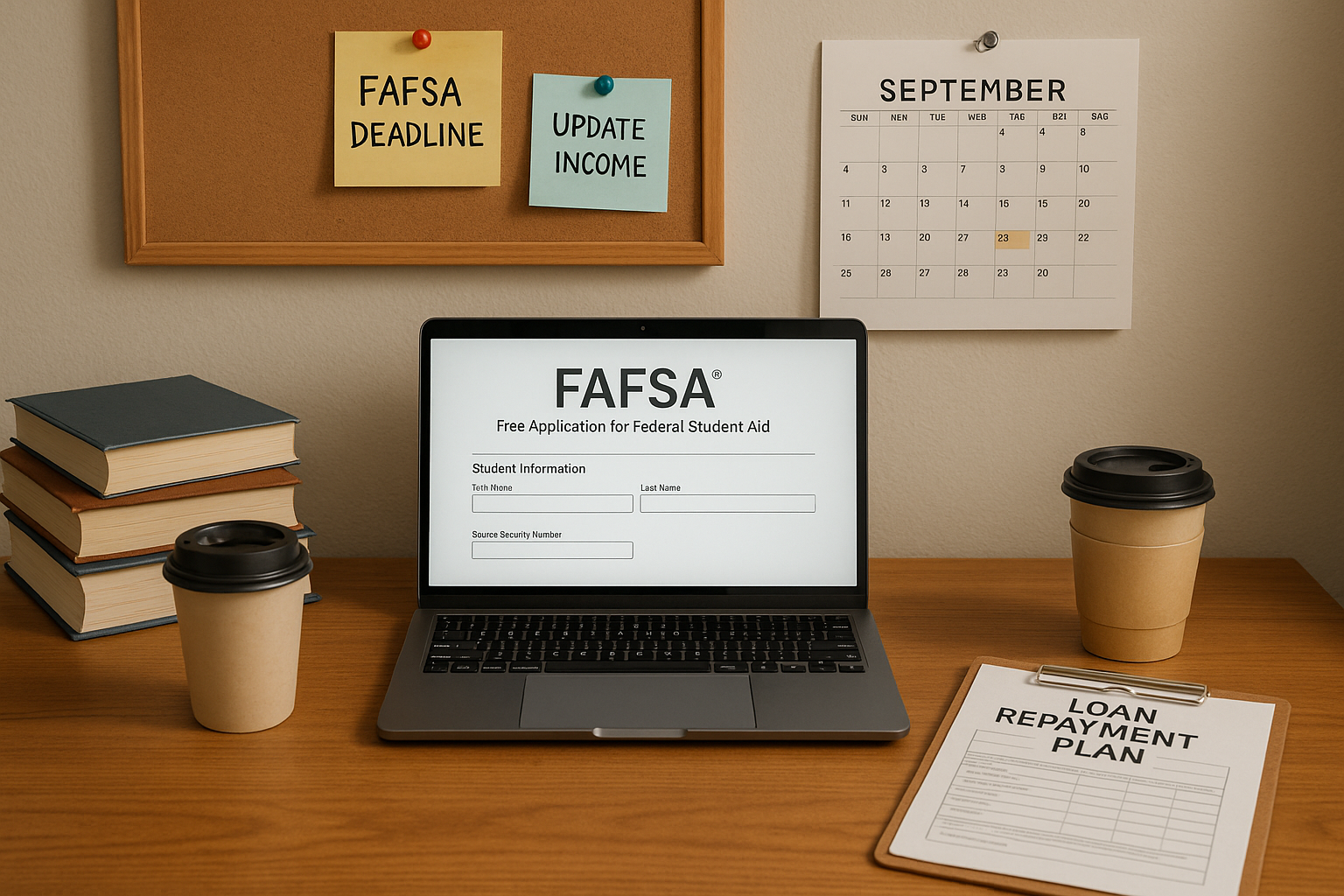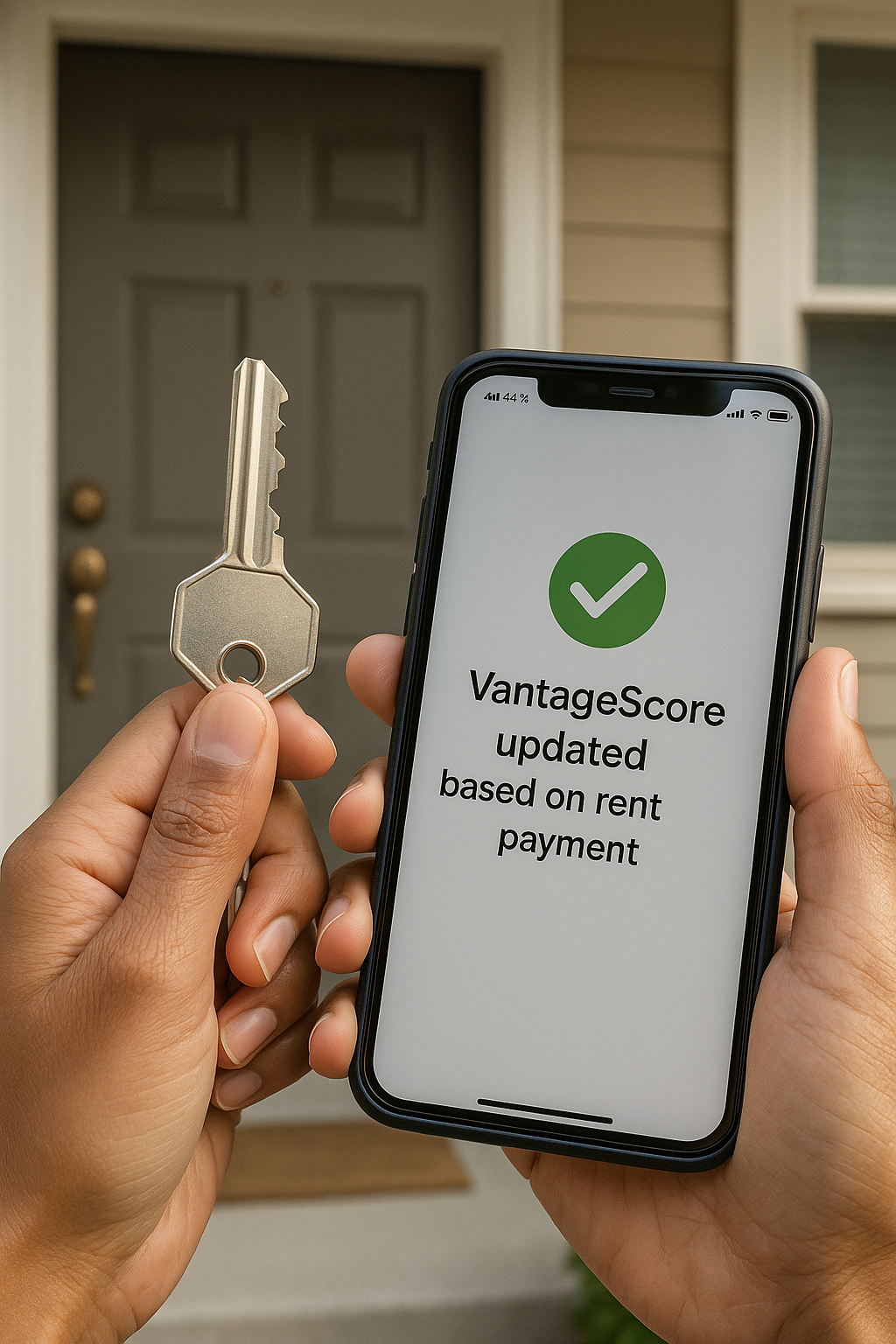
Starting our professional journey in the U.S. often brings a mix of excitement and financial firsts. We’re setting up careers, maybe paying off student debt, and beginning to build our financial muscle. Sometimes, a personal loan can be the tool we need to consolidate high-interest debt, cover a necessary expense, or even fund a business idea. But before signing anything, it’s crucial to know how they work and which option best fits our financial reality.
For many of us, navigating these financial waters can feel complex. In fact, while Latinos are great entrepreneurs, starting new businesses at a rate significantly higher than other groups, we often rely more on personal loans and less on traditional bank financing when we are starting out (“Hispanic Small Business Owners in the U.S.: Financial Access and Growth”). That makes understanding these loans even more important for our community.
The Two Main Types of Personal Loans
Understanding the difference between secured and unsecured loans is the foundation of smart borrowing.
| Loan Type | Description | Key Feature |
| Secured Loans | These loans require collateral—an asset you own, like a car or savings account funds, that the lender can take if you fail to repay the loan. | Because the risk to the lender is lower, you can often secure lower interest rates and potentially larger loan amounts, making them a good option if you have little or no credit history. |
| Unsecured Loans | These are approved solely based on your creditworthiness and ability to repay, meaning no collateral is required. | They generally have higher interest rates than secured loans because the lender takes on more risk. A strong credit score is usually essential to qualify for the best terms. |
The Power of the Credit Union
When we look for loans, we often think of big banks, but credit unions are an excellent alternative that often benefits our community.
- Community-Focused: Unlike banks, credit unions are non-profit organizations owned by their members. They are often deeply involved in local communities.
- Better Terms: They typically offer lower interest rates and fees on loans and savings products than larger for-profit institutions.
- Accessibility: They may be more flexible and willing to work with individuals who are just starting to build their credit history.
Joining a local credit union could be a smart first step, whether you’re looking for a secured or an unsecured loan.
Is a Personal Loan Right for You?
Taking on new debt is a serious commitment. Before moving forward, ask yourself a few honest questions:
- Can You Repay It? Look at your monthly budget. Ensure your repayment schedule is realistic and won’t strain your finances. Remember, mismanaging a loan can quickly lead to more debt.
- What’s the Purpose?
- Debt Consolidation: If you’re using a personal loan to pay off high-interest credit card debt, ensure you address the underlying spending habits. The goal is to break the cycle, not just move the debt around.
- Personal Investment: If the loan is for a business, education, or necessary large expense, confirm that the expected benefit or return outweighs the cost of the interest.
- Know Your Credit Standing: Your current credit health dictates your best path forward:
- Limited or Poor Credit: A secured loan is often your most accessible and affordable option, as the collateral reduces the risk.
- Good to Excellent Credit: You’re a strong candidate for an unsecured loan, giving you flexibility without needing to put up an asset. Even with great credit, check with a credit union, their rates might surprise you!
Remember, we’re here to build lasting wealth. Choosing a personal loan wisely is one important step on that path.
👉 Ask Gabi, the “judgment free zone” for all of your financial questions!
Stay tuned! We got you!






